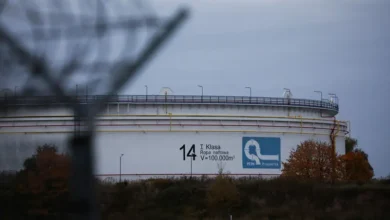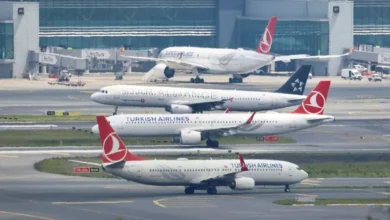OPEC+ rejects bearish reaction to output increase

OPEC+ ministers rejected oil’s bearish reaction to its decision to gradually boost crude production from October and predicted the market will eventually see that the group’s policy is correct.
The alliance remains committed to the stability of the oil market and can react quickly to any changes, ministers from the group’s largest producers said at the St Petersburg International Economic Forum in Russia on Thursday.
Saudi Energy Minister Prince Abdulaziz bin Salman reiterated that Sunday’s agreement, like many other OPEC+ deals, retains the option to pause or reverse production changes if necessary.
He also criticized some bank analysts and media for their interpretation of the OPEC+ accord and predicted that the market will soon come round to the view that OPEC+ did “the right thing.”
“People ask me over the phone: ‘Are you relaxed?’ I say: ‘Why not?’ I know that we did the best job, we are on hold of the matter,” Prince Abdulaziz said. “Give it a day or two, reality will fall in.”
The Organization of Petroleum Exporting Countries and its allies agreed on Sunday to gradually wind down about 2 million barrels a day of production cuts starting in October. Since then, crude prices have fallen more than 3 percent in London, dipping below $80 a barrel as analysts question whether the market can absorb this extra supply.
Speaking at the same event in St Petersburg, United Arab Emirates Energy Minister Suhail Al Mazrouei and Russian Deputy Prime Minister Alexander Novak presented a unified front with their Saudi counterpart, seeking to dispel any doubts about the OPEC+ agreement.
“Sometimes the market doesn’t understand decisions. It takes time to analyze,” Al Mazrouei told the Tass news agency after the event. “This panel session is one of the clarifications where we explained a little.”
Oil demand is good and remains resilient, said OPEC Secretary-General Haitham al-Ghais, with global consumption rising by 2.3 million barrels a day in the first quarter. In contrast, the International Energy Agency has said that demand in the first three months of 2024 was weaker than expected and estimates growth at just 1.2 million barrels a day.










